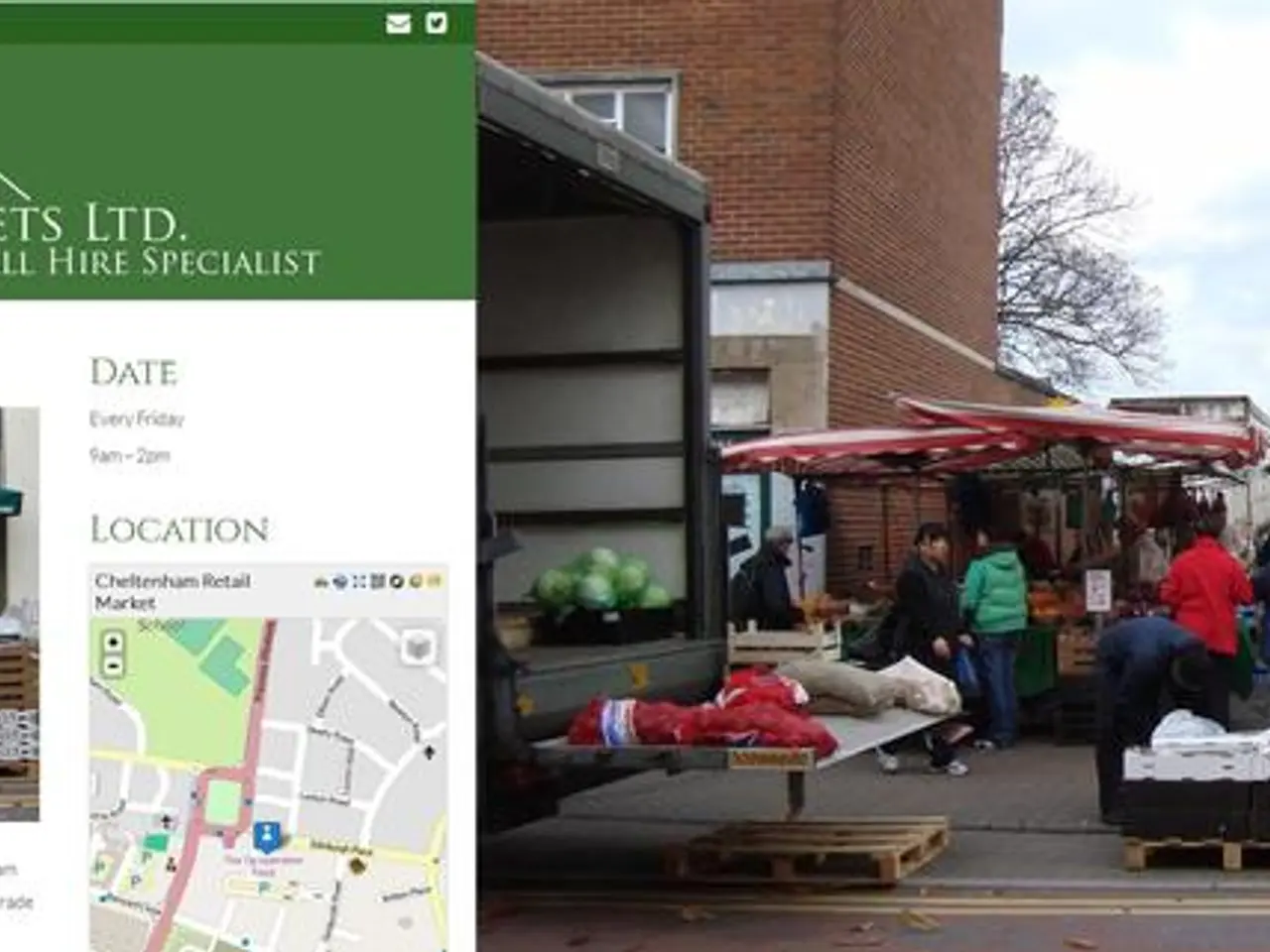Might you consent to a retina scan for the purpose of gaming?
Fighting Bots in Gaming: Razer Partners with World ID
Gaming giant Razer is joining forces with World ID, an initiative helmed by Sam Altman, to tackle the longstanding issue of bots in online gaming. This collaboration aims to create a system that prevents bots from re-entering games by verifying the account holder's humanity.
The influx of bots in the gaming world has been a thorn in the side of developers for years, with these artificial players wreaking havoc on servers. Even after banning a bot from a game server, the bot's creator can simply create a new account to rejoin.
The proposed Razer ID, verifying by World ID, is intended to make it more challenging for bots to re-register accounts. This verification would require potential players to first register with World ID.
With this system in place, game companies can offer "human-only" modes or servers, where gamers can have faith they're competing against genuine opponents, according to Razer.
World ID Verification: The Nitty-Gritty
World ID, in operation for several years, claims to anonymously and securely confirm that a user is genuinely human online. It's linked to the Worldcoin cryptocurrency.
To verify their World ID, individuals can choose between two methods: having their iris scanned by one of World ID's Orbs or using NFC-enabled government ID such as a passport or driver's license through the World ID app. However, Orbs are not easily accessible in many regions, including the U.K., France, Spain, and others, forcing users to submit their government ID instead.
World ID spokesperson Tiago Sada has emphasized that the process carries no risk to privacy. "World ID is unique compared to traditional verification systems," Sada explained, "because all it recognizes is that the user is a real human being. It doesn't know their identity, name, or email."
Your World ID will be linked to your Razer ID, ensuring gaming servers can confirm that players are indeed human. Tokyo Beast will be the first game to adopt this system, with Razer in talks with other developers.
World ID: The Controversial Side
World ID has experienced resistance in various countries since its inception. The Spanish Data Protection Agency (AEPD) temporarily banned Worldcoin in 2024, citing worries about the technology behind iris scanning and the difficulty of withdrawing consent for ID use.
Similarly, the German data protection authority expressed reservations at the end of 2024, claiming that the system posed numerous data protection risks for a substantial number of users and failed to comply with European Union data protection laws.
Portugal and Kenya have also imposed restrictions on World ID. Razer, however, remains optimistic, arguing that this system will enhance security for gamers, preventing potential rewards and hard-earned achievements from being stolen by bots.
Razer, in partnership with World ID, plans to implement a new verification system aimed at eradicating bots in gaming. This system, linked to Worldcoin cryptocurrency, will require potential players to verify their humanity through iris scanning, NFC-enabled government ID like a passport or driver's license, or the World ID app. However, concerns regarding privacy and data protection have been raised in several countries, with authorities such as the Spanish Data Protection Agency and the German data protection authority expressing reservations about the technology's potential risks. Despite these controversies, Razer remains convinced that this system will enhance security for gamers, protecting their rewards and achievements from theft by artificial players.



